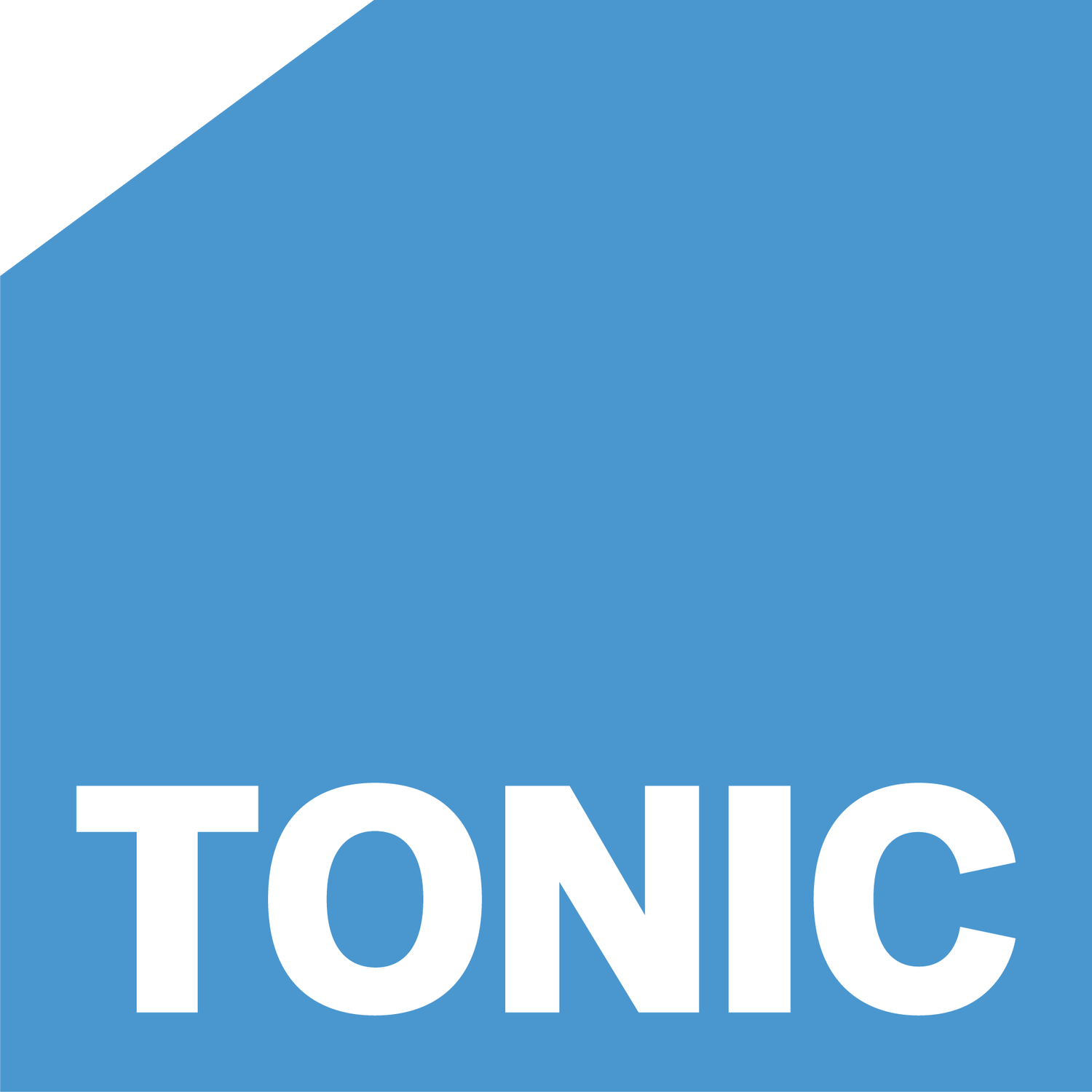
Kent and Medway Children and Young People’s Emotional Wellbeing and Mental Health: Single Point of Access Review
Task
In 2017, a Single Point of Access (SPA) service was created with the aim of improving mental health services and to simplify pathways for young people to access emotional wellbeing and mental health services. A single channel was created that allowed young people to be referred to clinical professionals. SPA referrals can come from a range of sources such as GPs, schools, social carers, self-referrals, families, and friends. Referrals are then assessed, and guidance, support or further signposting is offered.
The SPA was developed, alongside others nationally, in response to the NHS’s ‘Future in Mind’ report and ‘Five Year Forward View for Mental Health’ that aimed to transform children and young people’s (CYP) access to services. The SPA aimed to do this by enabling young people and families to self-refer, employing professionals with expertise in CYP’s mental health and providing guidance, support, and signposting to all key user groups. The Kent and Medway SPA is provided by the North East London NHS Foundation trust (NELFT) as part of the CYP Mental Health Service. NELFT runs the SPA in partnership with Kent School Health provided by Kent Community NHS Foundation Trust (KCHFT). The Kent and Medway SPA is in high demand with approximately 3,000 referrals being processed through the SPA per month.
TONIC were asked by Kent County Council and Kent and Medway Clinical Commissioning Group to externally and independently review the SPA service. TONIC’s aim was to provide a 360-degree perspective on the SPA service. This involved speaking to the people who deliver, receive, and come into professional contact with the SPA service. This involved understanding the patient journey, including the experiences of parents and carers, the perspective of the SPA workforce, and the experience of wider stakeholders. In addition, this task involved understanding the challenges to the service and identifying where opportunities for improvement and development exist.
TONIC’s Approach
This approach sought views from all key user groups including CYP and their families, the SPA workforce, and wider stakeholders. TONIC engaged with these key user groups through a combination of anonymous online surveys and semi-structured qualitative interviews. Overall, TONIC heard the views of over 160 people, including CYP and their families, SPA professionals, and stakeholders in the wider health, social care and education systems. In addition to this, TONIC spent 2 days within the SPA offices in Maidstone to observe a ‘day in the life’ of the SPA service. TONIC also gathered and analysed a wide range of performance data within the SPA service that included referral and telephone handling data, management reports, and operational documents.
Outcome
TONIC produced a detailed report and presented the findings to the commissioners. The findings were grouped into five core areas; referring into the service, screening and triage, onward referrals and outcomes, patient journeys, and organisational structure. Drawing on this analysis, TONIC identified a number of key strengths and challenges to the SPA service, which were summarised in the report. This led to the generation of 10 recommendations which highlight opportunities to improve and develop the SPA service in Kent and Medway.
